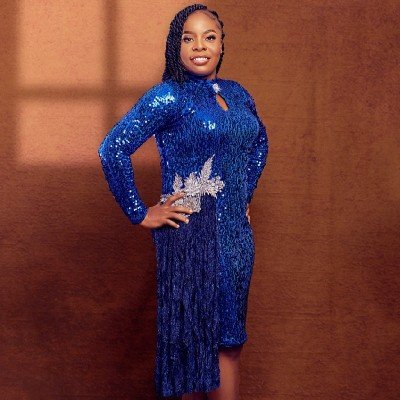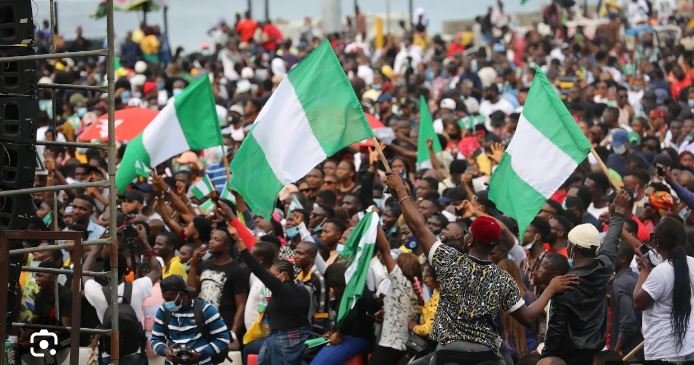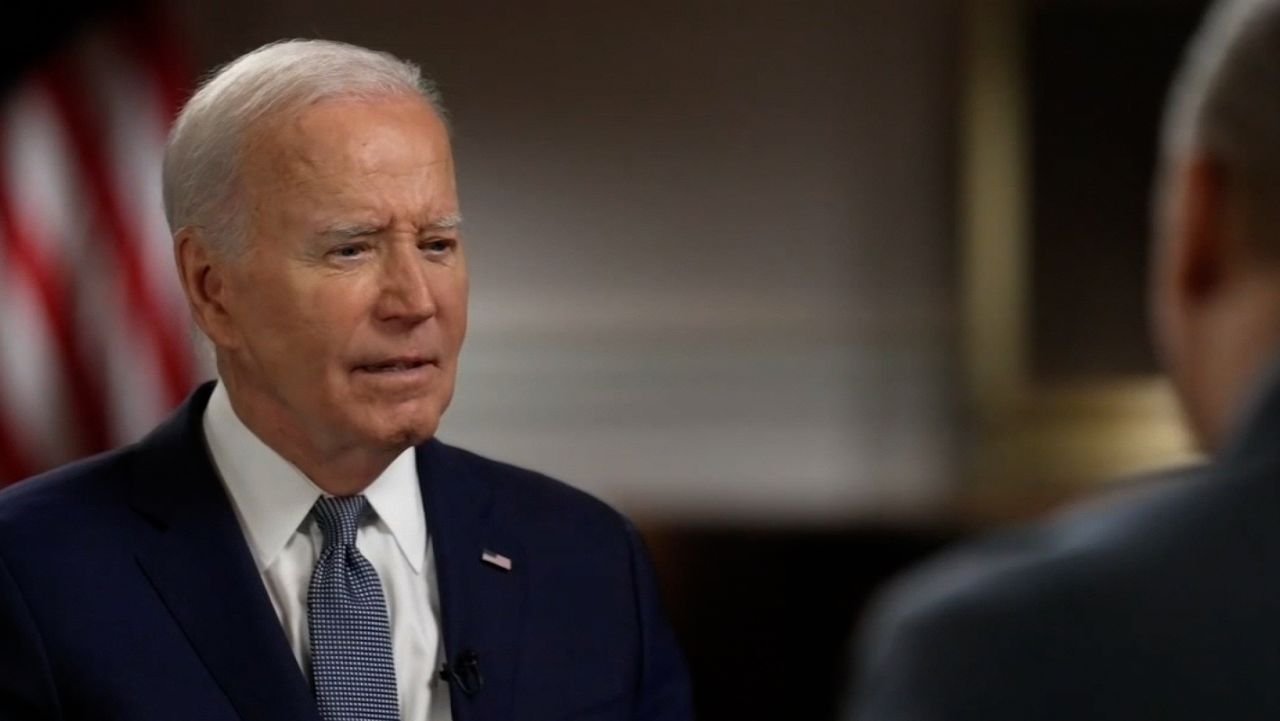Some of France’s left-wing voters are struggling to decide how to vote in the presidential run-off that will see incumbent President Emmanuel Macron face far-right candidate Marine Le Pen.
Even those who say they are planning on voting for Macron in the second round said that it would be hard to put his name in the envelope this time around.
“I have the feeling that now here we go again for five more years. It’s like a prison sentence, I feel like we’re not advancing, all the climate issues have been swept away,” said 30-year-old Anselm, who attended a protest against the far-right in Lyon over the weekend.
He voted for far-left candidate Jean-Luc Mélenchon who came third in the first round of France’s election and Anselm said he has now made the decision to vote “for the other candidate” in the second round.
“I am voting against Marine Le Pen,” he said
When asked to clarify whether that meant he would vote for Macron, Anselm said: “I’m going to vote for Macron and then I’m going to keep protesting in the streets against him because I’m sick of strategic voting, I hope this will be the last time.”
Both Le Pen and Macron have been attempting to woo voters who supported Mélenchon, who won 22% of the vote in the first round, just a point shy of Le Pen.
He was the third major candidate to emerge in the election with the rest receiving under 8% of voter support.
Mélenchon called for his supporters “not to give a single vote to Marine Le Pen”. But he stopped short of calling on them to vote for Macron, unlike several other first-round candidates including the Green Party’s Yannick Jadot, right-wing Valérie Pécresse and socialist Anne Hidalgo.
Instead, Mélenchon has shifted his focus to legislative elections in June, urging French voters to support his party in an effort to “elect him prime minister”.
His more than 7.7 million voters are nonetheless likely to have an impact in the run-off as the next largest voting group from the first round. But a large proportion of them could abstain or vote blank, according to his party’s poll of 215,000 of his supporters.
Around 37% said they would vote blank in the second round and nearly 29% said they would abstain, Mélenchon’s party (France Unbowed) said. Around 33% said they would vote for Macron whereas the choice of Le Pen wasn’t offered by the party.
Some of France’s left-wing voters are struggling to decide how to vote in the presidential run-off that will see incumbent President Emmanuel Macron face far-right candidate Marine Le Pen.
Even those who say they are planning on voting for Macron in the second round said that it would be hard to put his name in the envelope this time around.
“I have the feeling that now here we go again for five more years. It’s like a prison sentence, I feel like we’re not advancing, all the climate issues have been swept away,” said 30-year-old Anselm, who attended a protest against the far-right in Lyon over the weekend.
He voted for far-left candidate Jean-Luc Mélenchon who came third in the first round of France’s election and Anselm said he has now made the decision to vote “for the other candidate” in the second round.
“I am voting against Marine Le Pen,” he said.
When asked to clarify whether that meant he would vote for Macron, Anselm said: “I’m going to vote for Macron and then I’m going to keep protesting in the streets against him because I’m sick of strategic voting, I hope this will be the last time.”
Read Also: Russia test-fires new intercontinental ballistic missile
Both Le Pen and Macron have been attempting to woo voters who supported Mélenchon, who won 22% of the vote in the first round, just a point shy of Le Pen.
He was the third major candidate to emerge in the election with the rest receiving under 8% of voter support.
Mélenchon called for his supporters “not to give a single vote to Marine Le Pen”. But he stopped short of calling on them to vote for Macron, unlike several other first-round candidates including the Green Party’s Yannick Jadot, right-wing Valérie Pécresse and socialist Anne Hidalgo.
Instead, Mélenchon has shifted his focus to legislative elections in June, urging French voters to support his party in an effort to “elect him prime minister”.
His more than 7.7 million voters are nonetheless likely to have an impact in the run-off as the next largest voting group from the first round. But a large proportion of them could abstain or vote blank, according to his party’s poll of 215,000 of his supporters.
Around 37% said they would vote blank in the second round and nearly 29% said they would abstain, Mélenchon’s party (France Unbowed) said. Around 33% said they would vote for Macron whereas the choice of Le Pen wasn’t offered by the party.
A protester holds a poster that states “Neither Macron nor Le Pen. No vote for the minions of the bourgeoisie” at a protest against the far right.Euronews
But if Mélenchon voters do “abstain massively, it could be problematic for Emmanuel Macron,” said Tristan Haute, a senior lecturer in political science at the University of Lille, who studies abstention.
“These voters come from urban areas or from the banlieue, where they could very well mobilise in favour of Macron…to block Marine Le Pen as a reflex against racism,” he added.
Haute points out that in 2002 to block Le Pen’s father’s far-right candidacy, there was a strong mobilisation of voters despite record-high abstention in the first round.
Polls ahead of this year’s run-off however are showing “more of a de-mobilisation between the two rounds, meaning voters whose candidate did not qualify for the second round” are less likely to show up to vote in the runoff, Haute said.







